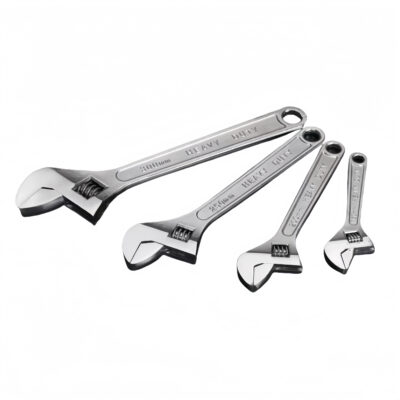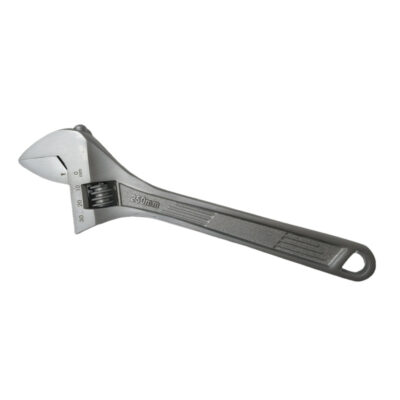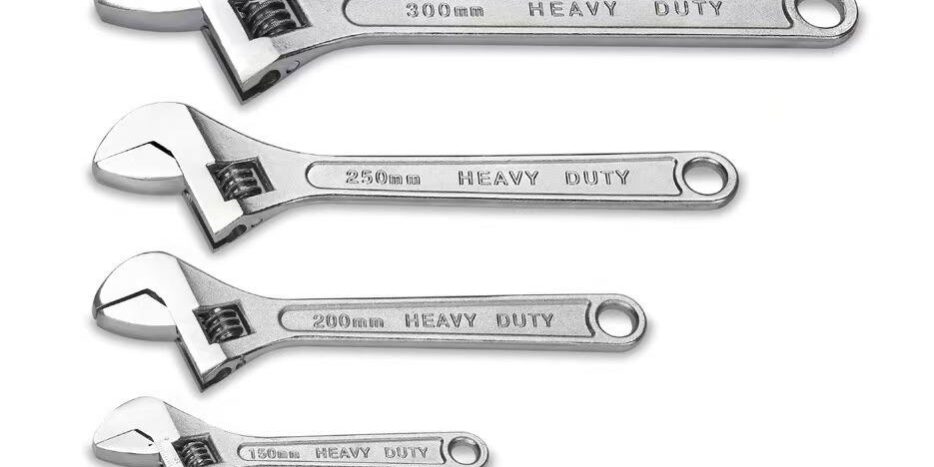🔧 Introduction: Accuracy Defines Safety
In industrial settings, precision is more than convenience—it is a matter of safety. Among all hand tools, torque wrenches are critical because they apply controlled force to fasteners. Incorrect torque can cause machinery failure, structural damage, or even accidents. This is why regular torque wrench calibration is vital for meeting safety standards and maintaining operational reliability.
📐 What Is Torque Wrench Calibration?
Calibration is the process of checking and adjusting a torque wrench to ensure it delivers the specified torque accurately. Over time, frequent use, heavy loads, or improper storage can cause the tool to lose accuracy.
By recalibrating according to manufacturer recommendations, users ensure compliance with ISO and ANSI standards, which are often mandatory in industries like construction, automotive, and aerospace.
⚙️ The Risks of Inaccurate Torque
An uncalibrated torque wrench can create significant risks:
-
Over-tightening: Can strip threads, crack materials, or overstress components.
-
Under-tightening: Leads to loose joints, leaks, or potential structural failure.
-
Safety hazards: In automotive and aerospace sectors, incorrect torque can endanger lives.
Working with trusted Torque Wrench Manufacturers ensures that buyers receive tools that are tested, certified, and ready for precise applications.
🏗️ Industry Applications Requiring Calibration
Torque wrenches play a central role across multiple industries:
-
Construction: Ensuring steel connections and structural bolts are secured safely.
-
Automotive: Achieving exact torque for engine components, wheels, and brakes.
-
Oil & Gas: Maintaining flange joints and pipelines under strict safety standards.
-
Aerospace: Guaranteeing flight safety by preventing overloading of critical fasteners.
Because these industries operate under strict compliance rules, calibration schedules are non-negotiable.
🔩 Calibration Frequency and Best Practices
How often should a torque wrench be calibrated? Industry experts recommend:
-
Every 5,000 cycles of use or 12 months, whichever comes first.
-
Immediately after accidental drops or heavy overloading.
-
Following repairs or modifications.
Buyers working with reliable Hand Tools Manufacturers can request certification and calibration documentation with bulk orders, ensuring compliance from day one.
🌍 Benefits for Procurement Managers and Distributors
For B2B buyers, torque wrench calibration provides more than safety—it builds business efficiency:
-
Reduced downtime caused by tool failures.
-
Longer tool lifespan, lowering replacement costs.
-
Improved customer trust, especially when selling into regulated industries.
-
Compliance assurance, avoiding penalties during audits or inspections.
By sourcing from manufacturers who prioritize calibration and testing, procurement managers can guarantee both safety and profitability.
✅ Conclusion: Calibration Is a Safety Investment
Torque wrench calibration is not just a technical requirement—it is an investment in safety, compliance, and long-term performance. Whether in construction, automotive, or aerospace, businesses that prioritize accurate tools avoid costly risks and protect workers.
Choosing trusted torque wrench manufacturers and scheduling regular calibration ensures that every fastening job meets the highest safety standards.
























